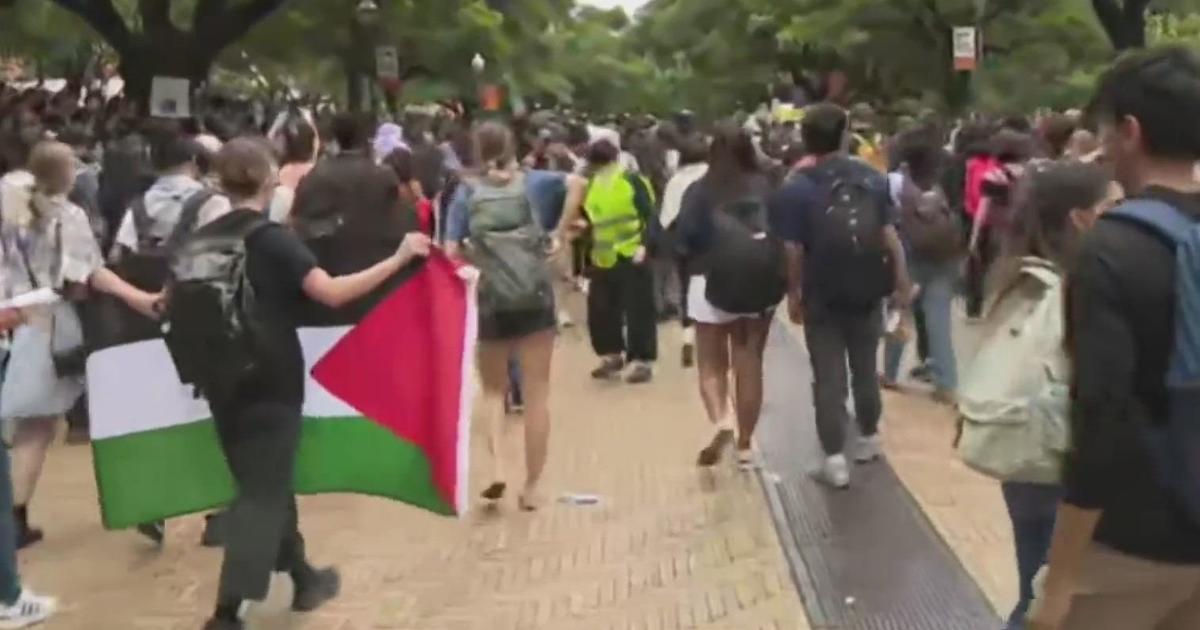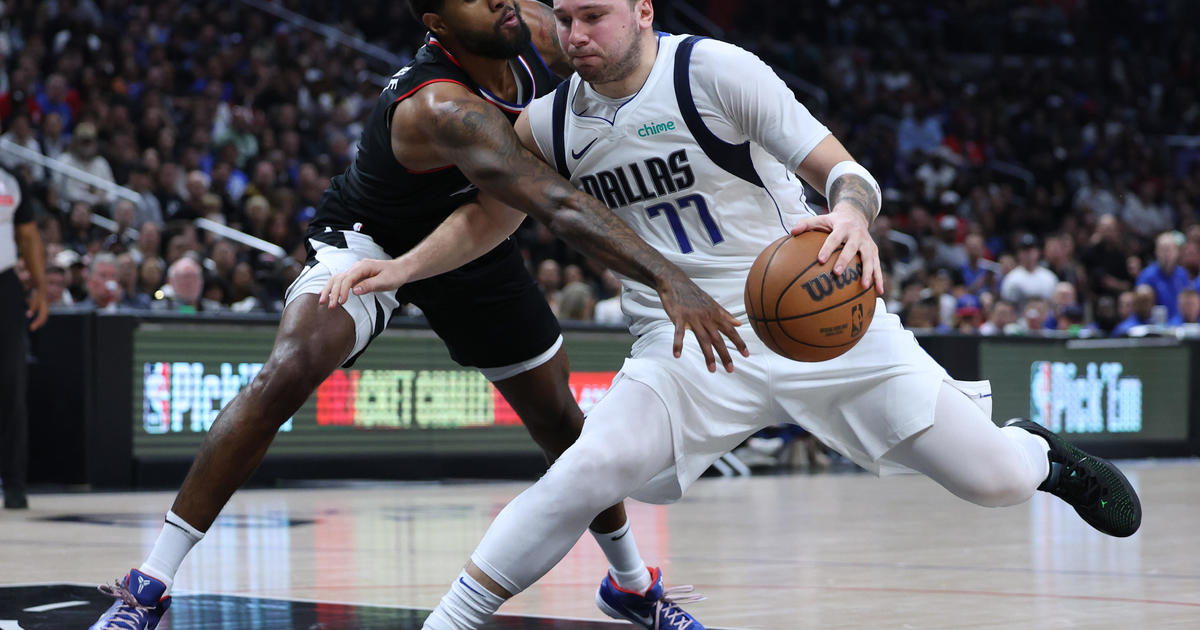Dallas FBI Chief Retires After Six Year Tenure
DALLAS (AP) -- Robert E. Casey Jr. headed the Dallas FBI when it thwarted a plot to blow up a downtown Dallas office building and used an emergency cellphone wiretap to help bring down a notorious band of violent bank robbers.
But in his six years leading FBI operations from North Texas to the Panhandle, Casey has had to do more than fight crime. He said he's had to make decisions -- some of which remain under wraps -- about investigations, as well as improving public outreach and coordinating with local law enforcement.
"You have no peer in this office," Casey, 54, told The Associated Press in a recent interview. "I'm it on a lot of these decisions. And you have to grow into that job and that responsibility."
As he prepares to retire from the FBI on Monday, Casey sees much work ahead for his office as it targets the growing problems of cybercrime and Medicare fraud.
Since 2006 Casey has supervised hundreds of FBI agents and personnel in the more than 120,000 square miles of territory his field office oversees stretching from Amarillo to Tyler.
Casey started his career in the Houston Police Department as a patrol officer, and still keeps in his office photos and news clippings of his time there from a quarter-century ago. He wears a Rolex watch he was awarded for being named "Police Officer of the Year" in 1983.
Former colleagues and current law enforcement leaders say these roots as a police officer have helped him understand the importance of collaboration between the often-reclusive FBI and local police.
Dallas Chief David Brown credited Casey for helping local officers obtain clearances to gain information more quickly about cases.
"He's able to speak the same language as we are," Brown said. "That has helped kind of bridge some of the gaps that we sometimes have on utilizing resources."
Casey was in charge when agents first noticed the angry messages posted by a Jordanian man, Hosam Smadi, on a website used by Islamic extremists, and undercover agents unsuccessfully tried to talk him out of plotting the attack. Smadi appeared to sympathize with al-Qaida.
Eventually, Smadi left what he thought was a truck bomb in a garage beneath the 60-story Fountain Place tower in downtown Dallas, but he was arrested after pushing the button he thought would set off the bomb. Smadi pleaded guilty in 2010 to attempted use of a weapon of mass destruction and was sentenced to 24 years in prison.
One of the biggest busts during Casey's tenure in Dallas was that of the Scarecrow Bandits -- a group of men that committed 21 takeover-style bank robberies in Dallas in 2008. They sometimes wore plaid shirts and floppy hats, and were known for pointing handguns at bank employees and threatening them.
The bureau obtained permission for an emergency wiretap of a suspect's cellphone to help track down the bandits and eventually arrest them. Casey said he personally had to speak to FBI Director Robert Mueller to do the wiretap.
Five people were convicted in August 2009, and two others pleaded guilty before trial.
"A lot of lives were placed in jeopardy, in my view, including police officers who responded to these robberies," Casey said.
Casey, who joined the FBI in 1986, worked on an organized crime case in Phoenix connected to events shown in the 1995 movie "Casino." He later was a supervisor in Chicago and an assistant special agent in charge in Miami before moving to Washington, D.C., where he rose to deputy assistant director.
Since becoming special agent in charge of the Dallas field office, Casey said he has had to work with community groups and the media to correct public perception of an agency that's often written about and depicted in popular culture.
He acknowledges some of the agency's operations can be controversial and has learned during his tenure how to deal with the media and public perception of the bureau.
"There is a tendency in public dialogue and debate sometimes to really use speculation and assumptions and biases to generate conversation and discussion," Casey said. "In many cases that's doing disservice to the real problem."
Casey plans to return to his hometown of Indianapolis and work as director of global security for the pharmaceutical company Eli Lilly. He'll be succeeded by special agent Diego Rodriguez, who is serving in the FBI's New York office.
As he departs, Casey said he expects health care fraud -- like the recent investigation into a Rockwall doctor accused of up to $375 million in Medicare fraud -- to continue to be a growing area of attention.
"It's alarming, quite frankly, the amount of fraud that we've uncovered just in this office in the time I've been here," he said.
Steve Dye, a former Houston police officer who is now police chief in Grand Prairie, commended his former colleague for the open relationship he has taken with other law enforcement.
"When a local police chief calls Bob Casey, he'll always answer his phone," Dye said.
(Copyright 2012 by The Associated Press. All Rights Reserved.)



